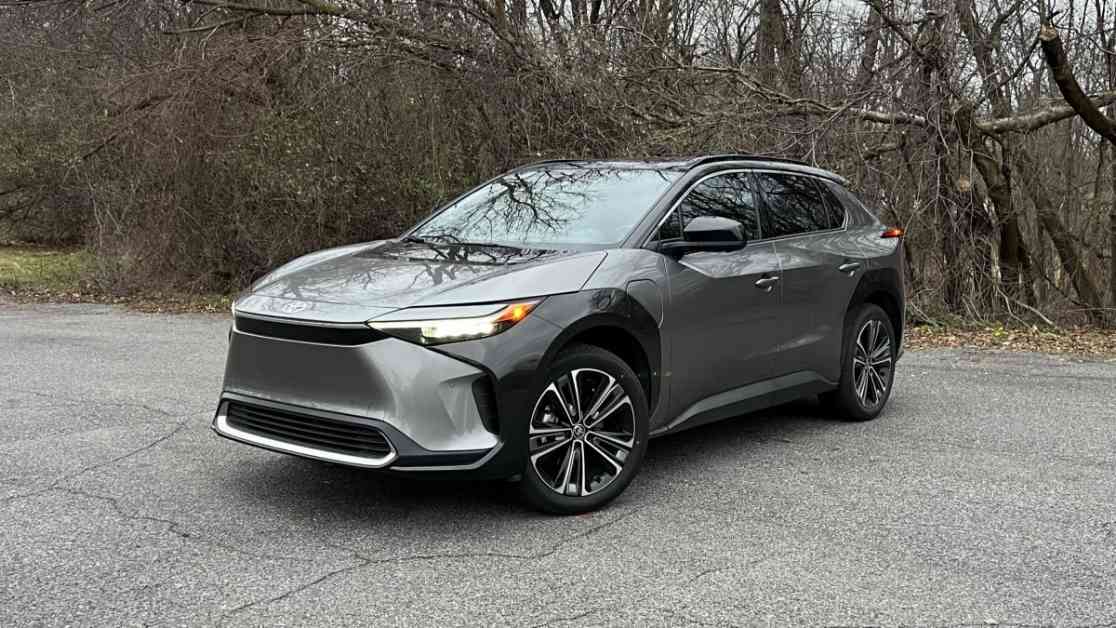Electric vehicles are often touted as the future of transportation, with claims of lower maintenance costs and overall operational savings compared to traditional gas-powered vehicles. However, the recent 2024 Initial Quality Study from J.D. Power paints a different picture. According to the study, EV owners reported more issues than their gas-powered counterparts, with electric vehicles and plug-in hybrid electric vehicles (PHEVs) averaging 266 problems per 100 units (PP100) compared to the 180 PP100 for gas and diesel vehicles.
Even Tesla, a major player in the EV market, did not escape unscathed in this year’s study. Customers reported problems with turn signals and wiper controls, highlighting that even the most popular EVs are not immune to quality issues.
The study also revealed that electric vehicles, known for their advanced technology features, faced more in-vehicle technology problems than gas vehicles. Issues with controls, infotainment systems, and other tech-related components were reported at a rate 30 percent higher in EVs compared to gas vehicles.
In addition to tech-related problems, advanced driver assistance systems (ADAS) also posed challenges for both gas and electric vehicle owners. False warnings from these systems caused unnecessary stress and annoyance for drivers. Rear-seat reminders, intended to alert drivers to check for passengers or items in the back seat, added to the reported problems, with some owners misunderstanding the purpose of these alerts.
Furthermore, popular features like Apple CarPlay and Android Auto, designed to enhance the driving experience, were among the top 10 reported problems for new vehicle owners. Difficulties in connecting or maintaining phone connections through these systems proved to be a significant issue for many buyers, especially considering the high usage rates of these technologies among smartphone users.
While the study sheds light on the challenges faced by EV owners, it is essential to note that the issues are not solely attributed to the electric powertrain. Automakers often equip electric models with cutting-edge technology and innovative design elements to appeal to consumers, which can inadvertently lead to a more complex ownership experience.
Despite the growing popularity of electric vehicles, the J.D. Power study suggests that automakers may need to reevaluate their approach to integrating technology and features in these vehicles. Striking a balance between innovation and user-friendly design could be key to improving the overall quality and satisfaction levels among EV owners in the future.









